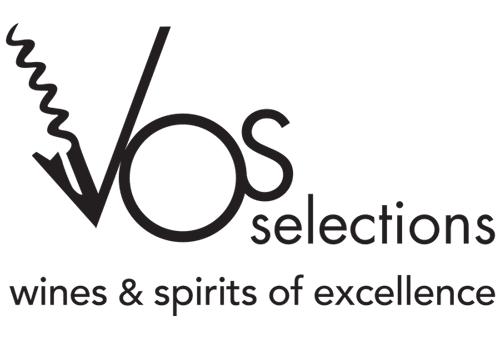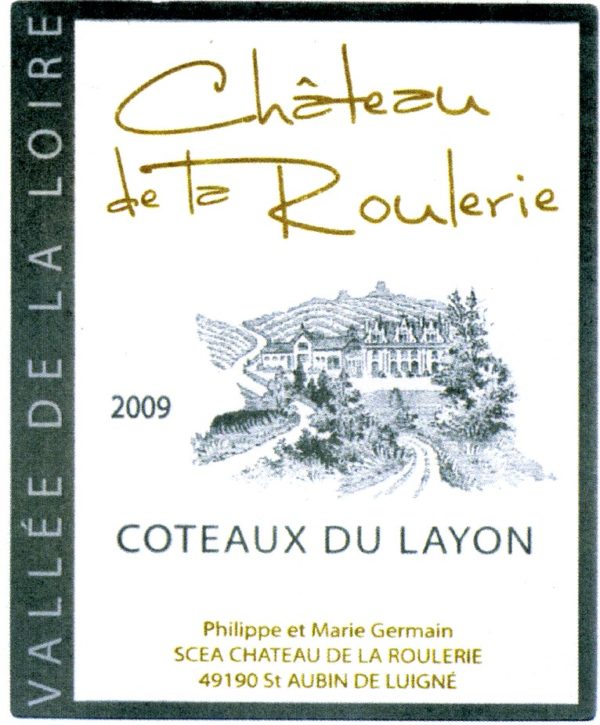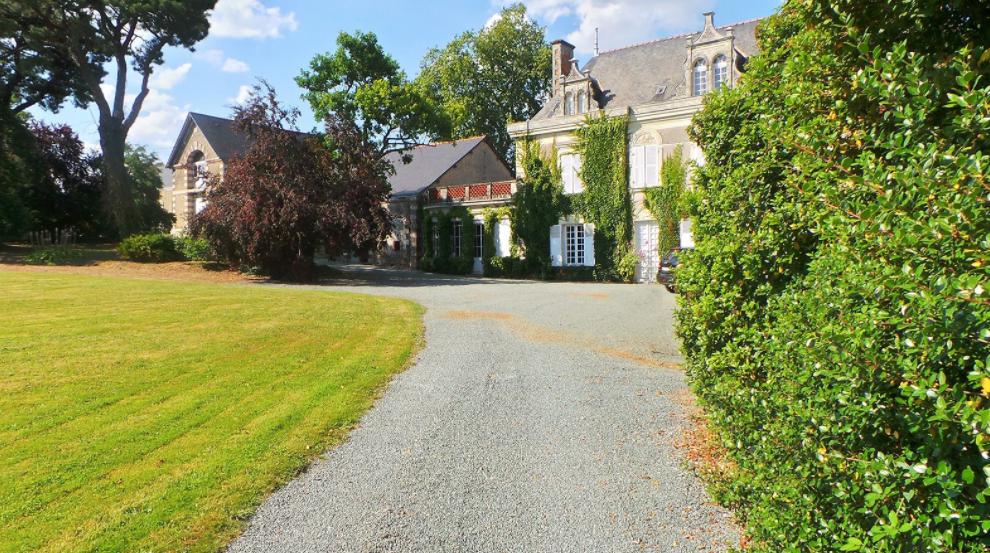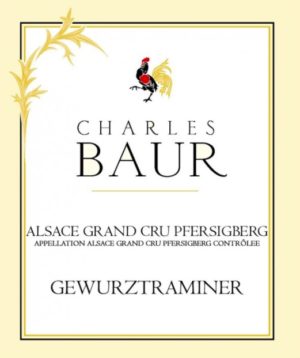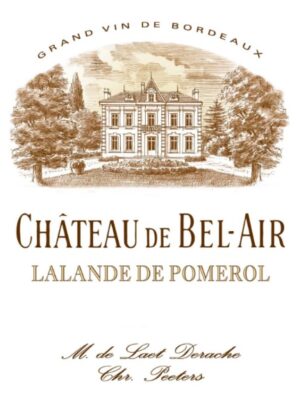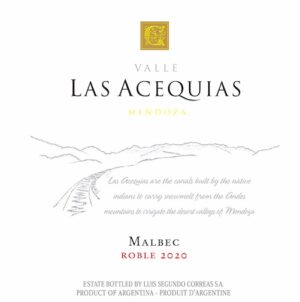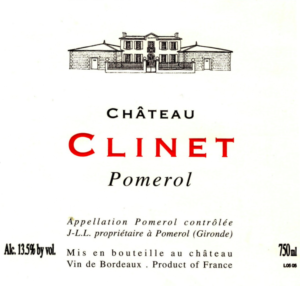ABOUT THE PRODUCER: Château de la Roulerie
Bernard Germain bought Château de la Roulerie in 1996 from pastry chef Gaston Lenôtre. The wine was originally made at Château de Fesles, also one of his properties, with the help of his son Thierry. His other son Philippe took full control of the operations in 2004, after living on the domaine since 2001. He completed the renovation of all the buildings in 2008, installed new equipment, and after a 20 year hiatus moved the winemaking back to Château de la Roulerie.
The property spreads over 42 hectares, 38 of them planted with vines. They are divided between La Roulerie (24 ha) and Les Grandes Brosses (18 ha), for a total of 17 parcels. All the cuvées are made from estate fruit. The appellations include Anjou Rouge (20% of the production with 3 cuvées: Château de la Roulerie, Les Terrasses, Les Mérances), Anjou Blanc (5 cuvées: Le Petit Chenin, Les Grandes Brosses, Château de la Roulerie, Les Terrasses, Magnolia), Côteaux du Layon and Côteaux du Layon Chaume.
The vines are planted at a dense 4500 plants per hectare on schistous soils, ideal for fine wine production. The vineyards are all on the slopes and oriented South-Southwest, critical for even ripening in this northerly vineyard. Yields are kept to a low 25-30 hectoliters/ hectare.
Farming/vinification practices: Certified Organic since 2015. Since 2011, Philippe has started to convert to biodynamie and face the number of challenges presented by the conversion. Dry white wines are only produced since the beginning of 2000. They favor higher acidity and elegance: malolactic fermentation is blocked, there is no bâtonnage or skin contact, and the use of oak is discrete. Philippe only uses larger barrels, 600 and 700 liters. The wines are lightly filtered but never fined. There is very little free SO2 on the whites, 15 to 20 mg per liter. The wines are vegan.
The vines are planted at a dense 4500 plants per hectare on schistous soils, ideal for fine wine production.
